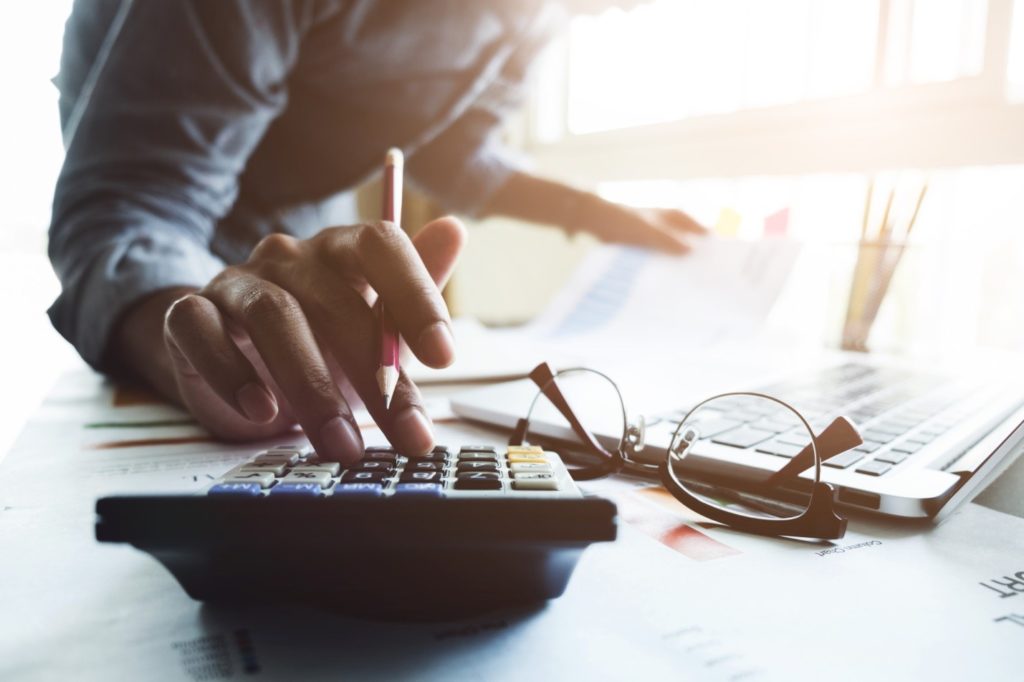Consumer spending makes up nearly 70% of the American economy.
If you are like most people, you don’t put much thought into the money you spend on a regular basis. Instead of waiting until times get hard to get a handle on your spending, now is the time to take action.
The first step in adequately managing your money is tracking personal expenses.
With this information, you can see where corners can be cut. Going over your finances with a fine-tooth comb may be a bit challenging, but it is definitely worth it in the long run.
The following are some of the things you should do when trying to track your personal expenses.
6 Ways to Keep Track of Personal Expenses and Finances

1# Take a Good Hard Look at Your Paystub
Knowing the amount of taxes you pay out of each paycheck is important when trying to adequately track expenses.
You will also need to find out about other deductions from your paycheck like insurance and 401K investments. With this information, you can get an assessment of just how much money you are bringing in on a regular basis.
If your employer uses the services offered by thepaystubs.com, getting this detailed breakdown of deductions will be easy. Once you have this information, you can start the process of figuring out exactly where your money is going.
2# Set Up a Separate Spending Account
Do you to pay bills or shop out of the same account that your paycheck is deposited into?
If you answered yes, you may want to change this. Some people have found that setting up a separate spending account helps them easily keep track of their spending.
This account can be used for everything from auto-pay to trips to the grocery store. By taking a look at the money going in and out of this account, you can eliminate wasteful spending habits in no time.
Most banks will allow you to set up one or more accounts online, which means this process will be quick and convenient.
3# Money Management App
There are many money management apps that can help you to track and analyze your finance. Applications like Mint, YNAB, Wally, Acorns, coinbase, Robinhood and tycon are some of the apps that manage your finance.
You can Google the app which suits you. This might be another good way to track and review it wherever and whenever you need.
4# The Envelope Method Can Be Helpful
For years, people have used the envelope method to successfully track and reduce spending.
This process starts by making a list of budget categories that need an envelope. This can include things like groceries, gas, or even entertainment.
Once you have your separate envelopes ready, you need to think of what you want to realistically spend on each one.
By putting the money in the envelopes and refusing to go over the amount you set, you can track and reduce spending in no time.
As you receive your paychecks, you need to withdraw cash and use it to start filling the envelopes. As time goes by, you should be able to see the savings piling up if you practice restraint and stick to your budget.
5# Tracking Personal Expenses Is No Easy Task
Most people fail to realize how hard it can be to track personal expenses.
Once you know what you are spending each month, you can quickly see where all your spare cash is going. Making an attempt to eliminate this wasteful spending can help you save a lot of money over time.
6# Create a system
The important part of keeping track of your finances is stability. Whatever the way you choose to log your transactions, you must be able to refer back to them easily and reliably.
Be sure to include important information like the date, amount you spent and gained, and expense category with each entry.
Also be sure to make your recording consistent. It is best to record transactions as soon as they happen, every time you get home, than doing once a week.
To manage expense categories, you have to figure out what you spend the most money on. Some categories may include things like housing, utilities, household expenses, groceries, health care, pets, personal expenses, and entertainment.
Among these, some categories will of course vary from person to person and you can be as specific or general as you want with your categories.
Are you looking for more tips on how to manage your personal finances?
If so, check out the rest of the blogs on our website.
Read Also:
- 5 Awesome Tools for Managing your Finances and Staying out of Debt
- 5 Ways to be Incredibly Shrewd with Your Finances
- A Guide to Developing Good Personal Finance Habits
Author: Cathy Carter















